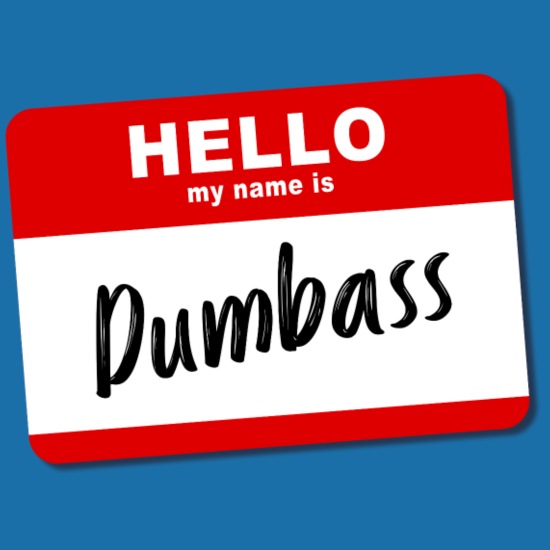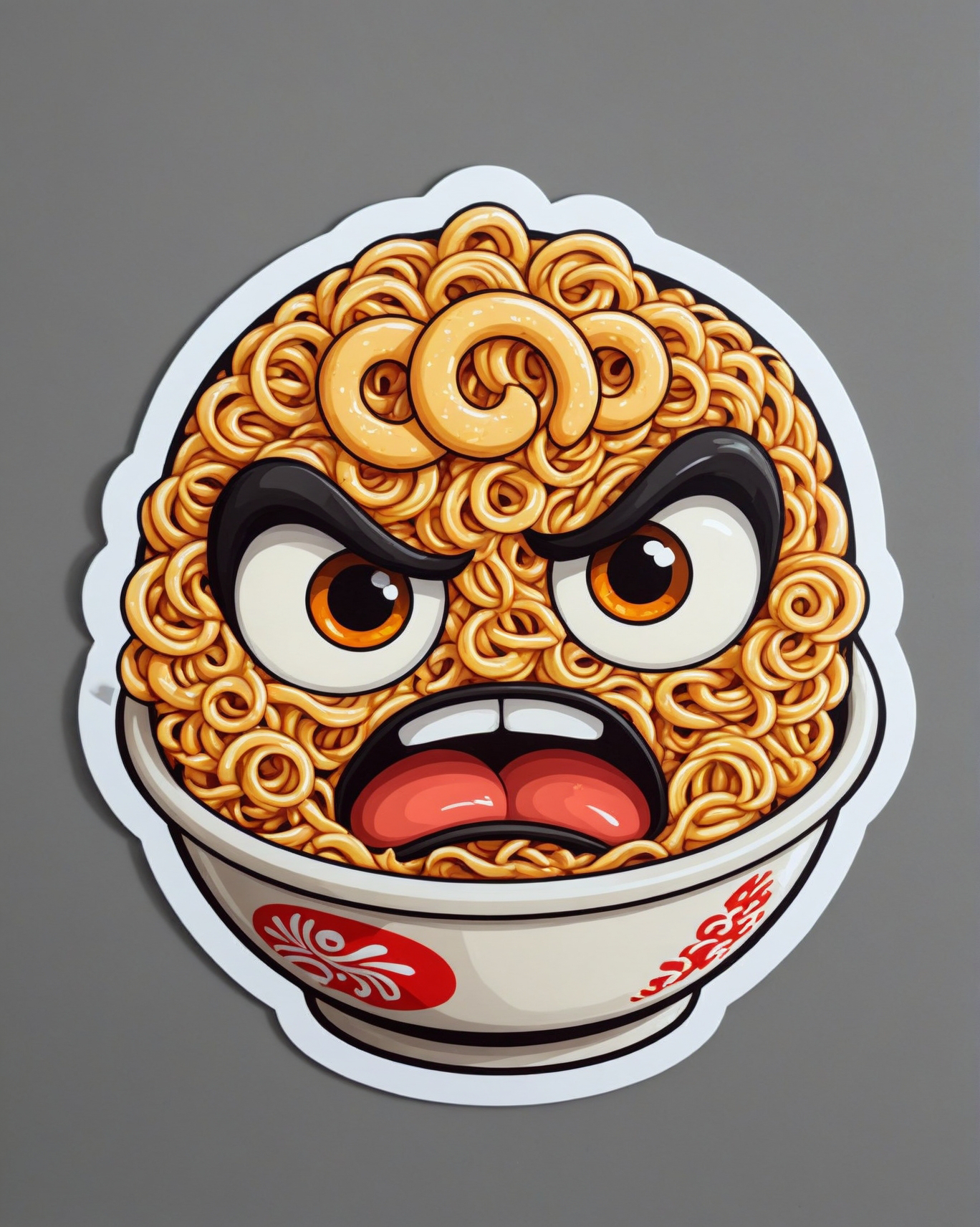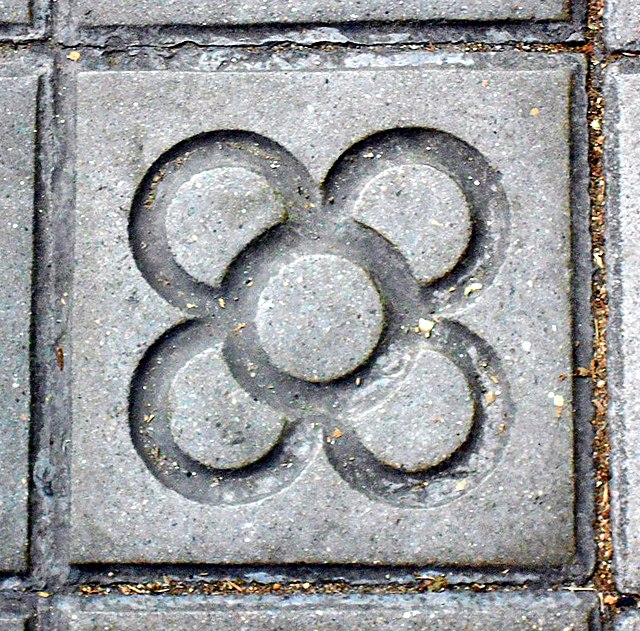OP OP
OPPA GANGNAM STYLE
This has popped up in the wild a few times recently
Why
People reference hit song lyrics all the time. Really muddies discourse with other cultures, sometimes.
Interpreter: “Ok he said uh… hang on before I can translate that, do you know who Hannah Montana is?”
Not just song lyrics, but any piece of media
rant
This is horribly rampant issue on Reddit. Swaths of comments reduced to three-word dialogues from movies that even most Americans may not have seen.
While it might be acceptable in a community specific to that piece of media, it always comes across as lazy everywhere else.
A simple link to a relevant clip or snippet would help contextualise the reference, but if commenters were willing to put in that effort, they probably wouldn’t resort to quoting three-word phrases in the first place.
Unfortunately, this practice is becoming common on Lemmy.
Some might see my rant as gatekeeping, but it genuinely hinders meaningful discussion on the topic at hand.
It is a pet peeve of mine that led me to unsubscribe from many, otherwise good, subreddits and eventually leave that platform altogether (thanks to a push from its CEO).
shaka when the walls fell
Still a fantastically catchy song
(POLISH)
( ͡° ͜ʖ ͡°)
You’re my butterfly
Sugar, baby

German is wrong. Its Quak.
I suspect that’s deliberate to make someone that speaks English and doesn’t know German still get the correct impression of what it actually sounds like, rather than get the spelling right
Kwaak is correct for Dutch. I suspect someone got Dutch and Deutsch mixed up.
Oh that would also make sense, yeah
As seen with Japanese. I don’t speak the language but I’m pretty sure they write it differently.
“Kerokero” is correct romanization. No problem there.
ケロケロ
Yeah. It sounds correct but the spelling is not known to me
How frogs sound in french -
“Bonjour”
Forgot the best one.
The French have a few examples of naming things the way they sound. Their word for bullfrog is the sound they make:
Ouaouaron
How is that pronounced? wow-wow-rohn?
Correct
A beautiful word we learned from the first nations, probably the Wendat.
I like croak way better as the English representation.
Yeah “ribbit” is a bit like bow wow. Someone find me a dog that says bow wow and I’ll find you an honest man in congress.
croak is the term for the sound, ribbit is the onomatopeia
Oddly enough croak is likely also onomatopoeia (imitative)
Kum Kum
If I must
I dont know why hungarian is there but 💯🇭🇺HUNGARY MENTIONED🇭🇺💯 /s. Also yes we do say brek/brekk or brekeke
Bojler elado!
Gondolom nem lopott, vadi új?
Brekeke…
Keke…
Kek…

mu mu (toki pona).
All animals say “mu” in Toki Pona btw.
We need a version of “What does the Fox Say” with every animal sound replaced with ‘mu’.
They’re justified and they’re ancient!
Hot take, English got it wrong. I’ve never heard a frog make a sound like “ribbit”. German or Turkish, on the other hand, seems like a sensible and appropriate sound a frog would make.
I’ve definitely heard some sort of frog/toad make the “ribbit” sound, but I’d say the German “kwaak” is probably more common. The various Asian sounds seem odd to me though. I suppose it is entirely possible the frogs makes different sounds there.
IIRC different species of frogs make wildly different sounds, so all of the languages might just be what type of frog lives in that country.
Hot take, English got it wrong. I’ve never heard a frog make a sound like “ribbit”.
It’s a real thing. Super common in the Southern US when I was a kid.
Yeah, that’s the kind of frog sound I’ve always known to be most prominent. I was also wondering just how much the most common species in a region affects the onomatopoeia, along with the language used.
Have you ever set by a creek on a warm summer night? It’s more like riib riib riib riib, but I can see where ribbit came from
Edit: found this which is pretty close to what I’m talking about.
When I was young and lived in the country with a big pond and marshland, most of the frogs went “THUMMM” at night (like this https://m.youtube.com/watch?v=6qHBRXLHXnc) and the others were more like a high pitch creaky door or one of those hollow wooden frogs with the back ridges that you play with a stick, like this https://m.youtube.com/watch?v=p-XPYXuCOjg
I’ve never lived near any sort of frogs that I’d describe as making a riib sound
I think this is the sound you are talking about? It’s kinda harder to pick out in your video for me, but there’s a distinct riib sound there over the top of everything else that’s absent from the other video. If that’s not the sound you are talking about, I’m pretty sure it is the source of “ribbit”. https://m.youtube.com/watch?v=8fJWGKbXw4Y
Yep, that’s a far better example of what I menat.
Where I grew up if it made a deeper noise it was a bull frog. Normally a Ruuuurp like call.
Counterpoint: “Kwaak” is the sound a duck makes, so frogs gotta say something else.
Some frogs ribbit. Other frogs croak.
Fun fact: Most frogs don’t say ribbit, but one of the earliest film sound libraries included a frog that does say ribbit, and so that sound is the sound of a frog in many films and television programs, but not in nature documentaries which record their own audio.
So much of the English speaking world, far, far more broadly than the spread of that type of frog, think frogs typically say ribbit.
If you watch a nature documentary about frogs, you’ll hear a vast array of different sounds, and this map will make much more sense.
There’s a Julia Donaldson - Axel Scheffler children’s book called “Charlie Cook’s Favorite Book” in which the sound a frog makes is “reddit”.
As usual, the Germans are fucking wrong. That’s what ducks sound like dumb asses!
It’s just differently written but the sound is correct
COQUI - Spanish
Interesting, I say CROAC. Probably there’s a lot of geographical variation.
That’s the name of a frog common to Puerto Rico, it makes a sound just like it’s name
Does this correlate to the sounds that the different species of frogs in those regions make?
Exactly what i was thinking, it would be like asking people what a bird sounds like and getting completely different results from different locales.
Lithuanian is “kva kva”

















